Why did you choose this program?
I did a volunteer program in Thailand last year and I decided to move a little more to the west this year. When I heard that the program had the option to trek the Himalayas, it was it for me. My mother is also a Buddhist and this has also influenced my choice since I wanted to know more about the religion. Since Nepal is the birthplace of Lord Buddha, it is a plus for me.
What did your program provider (or university) assist you with, and what did you have to organize on your own?
The organization that I came up with - IFRE - helped me with basically everything. I completed my application and payment online and they returned to me with information for the program, including the trekking arrangements. They arranged my hostel, the pick-up at the airport, and the contact with the school and later the monastery. The trekking itinerary, including the Sherpa guide, was fully arranged by them. The only arrangements I had to make were for my own travel around Nepal during my free time.
What is one piece of advice you'd give to someone going on your program?
I would like to say that whoever comes to leave your preconceived ideas about Asia behind. Asia is a beautiful continent with so much culture that every single country is different. Nepal is a Hindu and Buddhist country so please respect the religious practices here. Communication in general will not be difficult but expect people to not be able to speak in English. Accommodation will be way more basic than a hotel and food here is quite spicy (but so, so delicious!).
What does an average day/week look like as a participant of this program?
In Nepal, people work 6 days per week, with a holiday on Saturdays. Normally a day would be waking up at 7, breakfast at 8, working in your chosen program for 4 to 5 hours a day, and then an afternoon free. There is plenty of time to go around the city and go further away for a hike or visit a historic town on the off days. Lunch might be included in your workplace and then dinner at 7. Nighttime is always fun to share about your day with other volunteers or people in the hostel.
Going into your experience abroad, what was your biggest fear, and how did you overcome it? How did your views on the issue change?
This is my second time going abroad by myself and doing a volunteer program. However, it can always be daunting for newcomers to be in a completely new place. I remember when I arrived, it was late at night and I was not sure how the hostel would be and who to ask for help since everyone was already sleeping. Crossing the roads, buying things in shops, and trying to not be cheated as a foreigner is always a challenge. However, hesitation and fear are normal so the most important is to have an open mindset. Walk around the place and get familiar with the roads and people. Learn basic communication sentences and greet people as you go. Don't be afraid to ask for help and to bargain with local people (they are very happy to do so). The more familiar you are with the place, the quicker the fear will be gone.

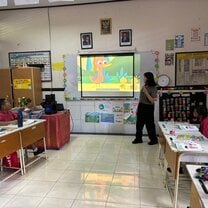
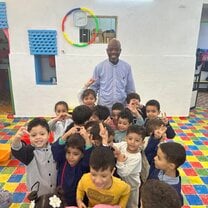
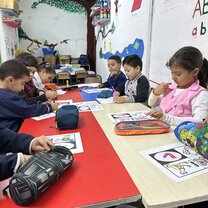
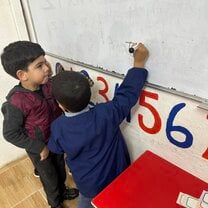
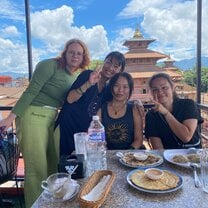
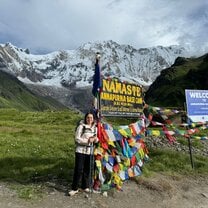

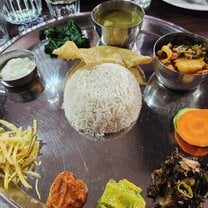
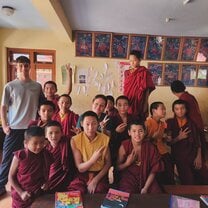
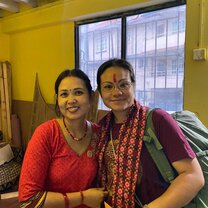

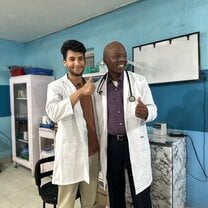
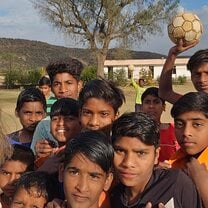
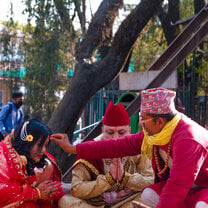
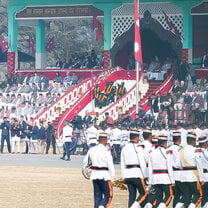
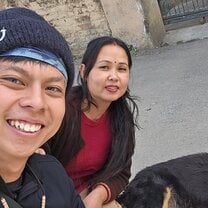













Response from IFRE Volunteers Abroad
Dear Pablo,
Thank you for sharing your experience! We’re thrilled to hear that you found the program enjoyable and that our team provided you with great support. Your suggestions regarding logistics are very valuable; we will certainly consider pairing volunteers with similar assignments to reduce transportation costs. We're glad you enjoyed your stay with the welcoming family and the delicious food! It’s wonderful to hear that you liked the salsa class as well. We appreciate your recommendation about adjusting the program cost to attract more volunteers and look forward to welcoming you back in the future. Safe travels!